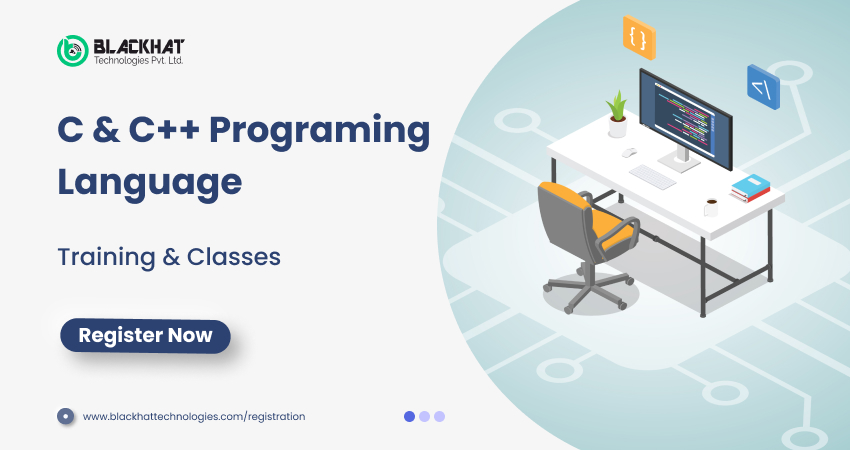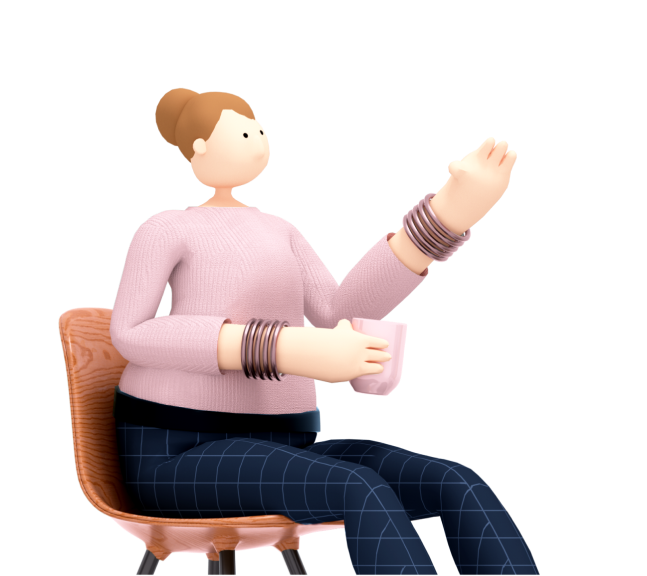C++ Training In Patna
C Programming Language is a structured, procedural programming language that has been widely used both for operating systems and applications and that has had a wide following in the academic community. Many versions of UNIX-based operating systems are written in C. C has been standardized as part of the Portable Operating System Interface (POSIX).
C++ Programming Language is a general-purpose programming language. It was created by Bjarne Stroustrup at Bell Labs circa 1980. C++ is very similar to C (invented by Dennis Ritchie in the early 1970s). C++ is so much compatible with C that it will probably compile over 99% of C programs without changing a line of source code. Though, C++ is a lot well-structured and safer language than C as it OOPs based.
Some computer languages are written for a specific purpose. Like, Java was initially devised to control toasters and some other electronics. C was developed for programming OS. Pascal was conceptualized to teach proper programming techniques. But C++ is a general-purpose language. It well deserves the widely acknowledged nickname 'Swiss Pocket Knife of Languages.'
Overview of the Programming Languages
- What is C Language
- Why C Language
- Future in C Language
- Summary
Setting up and Installing C Language
- Prerequisite in C Language
- Installation of C
- Summary
Data Type, Constants & Variables
- What is Data Types in C Language with practical
- Integers,long and short in C Language with practical
- Integers,signed and unsigned in C Language with practical
- Chars,signed and unsigned in C Language with practical
- Floats and Doubles in C Language with practical
- Constants in C with practical
- Variables in C with practical
- Keywords in C with practical
- How to get input from user with practical
- How to display output to user with practical
- Summary
Statement
- IF-Else Statement in C Language with practical
- for Loop in C Language with practical
- While Loop in C Language with practical
- Do-While Loop in C Language with practical
- Break in C Language with practical
- Continue in C Language with practical
- Switch in C Language with practical
- Summary
Function
- What is a Function in C Language with practical
- Passing Values between Functions in C Language with practical
- Call by Value in C Language with practical
- Call by Reference in C Language with practical
- Summary
Pointer
- An Introduction to Pointers
- Pointer Notation in C Language
- Back to Function Calls in C Language with practical
- Recursion in C Language with practical
- Summary
Preprocessor
- The C Preprocessor in C Language
- Features of C Preprocessor
- Macro Expansion in C Language
- Macros with Arguments with practical
- Macros versus Functions with practical
- File Inclusion in C Language with practical
- #if and #elif Directives with practical
- Miscellaneous Directives in C Language
- #undef Directive with practical
- #pragma Directive with practical
- Summary
C++ Overview
- C++ Characteristics
- Object-Oriented Terminology
- Polymorphism
- Object-Oriented Paradigm
- Abstract Data Types
- I/O Services
- Standard Template Library
- Standards Compliance
- Summary
Functions and Variables
- Functions:Declaration and Definition
- Variables:Definition,Declaration,and Scope
- Variables:Dynamic Creation and Derived Data
- Arrays and Strings in C++
- Qualifiers
- Summary
Classes in C++
- Defining Classes in C++
- Classes and Encapsulation
- Member Functions
- Instantiating and Using Classes
- Using Constructors
- Multiple Constructors and Initialization Lists
- Using Destructors to Destroy Instances
- Friendship
- Summary
Operator Overloading
- Operator Overloading
- Working with Overloaded Operator Methods
- Summary
Arrays
- What are Arrays in C Language
- A Simple Program Using Array
- How to Initialize Array in C Language with practical
- Passing Array Elements in C Language to a Function with practical
- Pointers and Arrays in C Language with practical
- Passing an Entire Array to a Function in C Language with practical
- Two Dimensional Arrays in C Language with practical
- Initializing a 2-Dimensional Array with practical
- Pointers and 2-Dimensional Arrays with practical
- Pointer to an Array with practical
- Passing 2-D array to a Function with practical
- Array of Pointers with practical
- Three Dimensional Array with practical
- Summary
String
- What are Strings in C Language
- How to get length of a string in C Language using strlen()with practical
- How to copy a string in C Language using strcpy()with practical
- How to concatenate a string in C Language using strcat()with practical
- How to compare two string in C Language using strcmp()with practical
- Summary
Structures
- What is Structures in C Language
- Why Use Structures in C Language
- Declaring a Structure in C Language with practical
- Accessing Structure Elements in C Language with practical
- How Structure Elements are Stored with practical
- Array of Structures in C Language with practical
- Additional Features of Structures with practical
- Uses of Structures with practical
- Summary
File Operation
- File Input/Output in C Language with practical
- File Operations in C Language with practical
- Opening a File in C Language with practical
- Reading from a File in C Language with practical
- Closing the File in C Language with practical
- Writing to a File in C Language with practical
- File Opening Modes
- String(line)I/O in Files
- Summary
Operator
- Operations On Bits in C Language with practical
- Bitwise Operators with practical
- One’s Complement Operator with practical
- Right Shift Operator with practical
- Left Shift Operator with practical
- Bitwise AND Operator with practical
- Bitwise OR Operator with practical
- Bitwise XOR Operator with practical
- Summary
Initialization and Assignment
- Initialization vs.Assignment
- The Copy Constructor
- Assigning Values
- Specialized Constructors and Methods
- Constant and Static Class Members
- Summary
Storage Management
- Initialization vs.Assignment
- Memory Allocation
- Dynamic Allocation:new and delete
Inheritance
- Overview of Inheritance
- Defining Base and Derived Classes
- Constructor and Destructor Calls
Input and Output in C++ Programs
- Standard Streams
- Manipulators
- Unformatted Input and Output
- File Input and Output
Exceptions
- Exceptions
- Inheritance and Exceptions
- Exception Hierarchies
- Inside an Exception Handler
Templates
- Template Overview
- Customizing a Templated Method
- Standard Template Library Containers
- Inside an Exception Handler
Let’s Start
Your Future Today!
Missing something? Just tell us what you need by requesting us here.
Join Now
Please drop your messege for us.
o Write Name , Mobile No. , Message With Voice Please Press Record Button Then Select Specific Field From Below
Enquiry Now!
If you have any query ? don't think so much , please messege us.
Frequently Asked Questions
Frequently Asked Questions
C & C++ Programming Language Training In Patna Duration is 6-8 weeks
C & C++ Programming Language course content is available on our website
If you wish to authenticate a certificate issued to you, visit our Certificate Verification page and enter the candidate’s certification no each certification they hold. After entering the certification no , you will be presented with authentication details relating to the holder of the certificate.
Anyone can learn C & C++ Programming language,who know basic computer.














